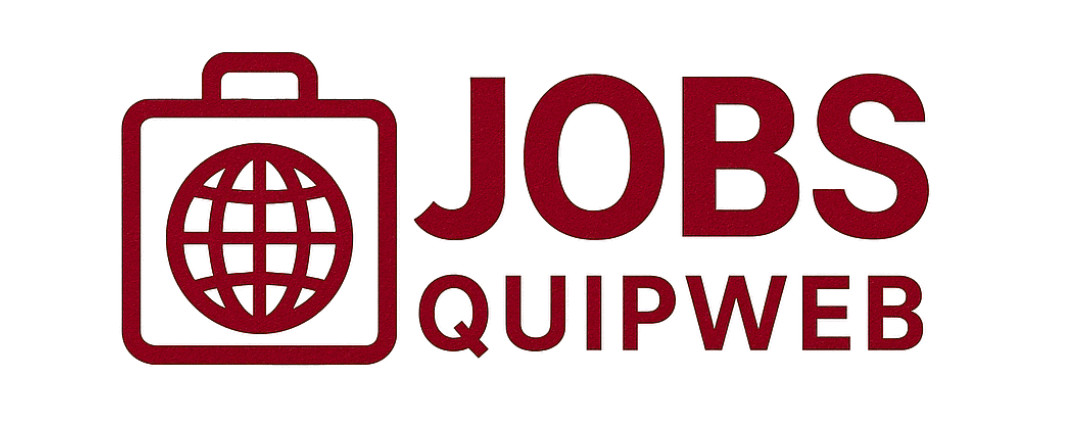Career development plans for engineers using project management certifications can truly transform my professional journey. If I want to boost my skills and open new doors in the job market, getting certified is key. These certifications not only enhance my engineering expertise, but they also make my resume shine. In this article, I will explore how these certifications can help me advance my career, adapt my skills for future opportunities, and the importance of mentorship in my journey. Let’s dive into this exciting path together!
Benefits of Project Management Certifications for Engineers
Enhancing My Engineering Skills
When I think about my engineering career, I realize that project management certifications have sharpened my skills. These certifications are like a toolbox filled with essential tools that I can use every day. They teach me how to plan, execute, and finish projects on time and within budget. With each course I take, I gain knowledge I can apply directly to my job.
For example, I learned how to break down complex tasks into smaller, manageable pieces. This skill has made my work much easier and more efficient. I also learned how to communicate better with my team, which is crucial because good communication can make or break a project.
Boosting My Career Advancement Opportunities
Getting certified in project management has opened many doors for me. I’ve noticed that my career advancement opportunities have skyrocketed since I added these certifications to my resume. Employers love to see that I have taken the time to improve myself. It shows that I am serious about my career and willing to go the extra mile.
Here’s a quick look at how certifications can boost my career:
| Certification | Benefits |
|---|---|
| PMP (Project Management Professional) | Recognized globally, increases job prospects |
| CAPM (Certified Associate in Project Management) | Great for entry-level positions, builds foundational skills |
| Agile Certified Practitioner | Perfect for fast-paced environments, enhances flexibility |
How Certifications Open Doors in the Engineering Job Market
In the engineering job market, having project management certifications can be a game-changer. I’ve seen many job postings that require or prefer candidates with these certifications. They can set me apart from other candidates. When I apply for a job, I can confidently say that I have the skills to manage projects effectively.
In short, these certifications not only help me with my current role but also make me a more attractive candidate for future positions. It’s like having a secret weapon in my back pocket.
Creating Effective Career Development Plans
Steps I Take to Build My Career Path in Engineering
When I think about my career path in engineering, having a clear plan is essential. Here are the steps I follow:
- Set Clear Goals: I start by writing down what I want to achieve. This could be a specific job title, a project I want to lead, or a new skill I want to learn.
- Research Opportunities: I explore different roles in engineering. I look at job descriptions and talk to people in the field. This helps me understand what skills are needed.
- Create a Learning Plan: I identify the skills I need and find courses or certifications that can help me. For example, I focus on project management certifications to boost my knowledge.
- Network: I connect with others in my field. I attend workshops and join online forums. Meeting others opens doors to new opportunities.
- Seek Feedback: I regularly ask for feedback from my peers and supervisors. This helps me improve and stay on track.
The Role of Mentorship in My Career Development
Mentorship plays a huge role in my career growth. Having a mentor is like having a roadmap. They can guide me through challenges and help me make better decisions. Here’s how mentorship has helped me:
- Gain Insights: My mentor shares their experiences, which gives me a better understanding of the industry.
- Build Confidence: With their support, I feel more confident in my abilities and decisions.
- Expand My Network: My mentor introduces me to valuable connections that can help me in my career.
Why I Prioritize Employee Training and Development
I believe that training and development are crucial for success. Here’s why I make it a priority:
- Stay Relevant: The engineering field changes quickly. Training helps me stay updated with the latest trends and technologies.
- Boost Productivity: When I learn new skills, I can work more efficiently and effectively.
- Career Advancement: Continuous learning opens up new paths for promotions and better job opportunities.
| Benefits of Training | Impact on My Career |
|---|---|
| Keeps skills fresh | Increases job opportunities |
| Enhances job performance | Leads to promotions |
| Builds confidence | Expands professional network |
Trends Shaping Engineering Career Development
Understanding Engineering Job Market Trends
I’ve noticed that the engineering job market is changing fast. More companies are looking for engineers who can adapt to new technologies. For instance, with the rise of automation and artificial intelligence, skills in these areas are becoming essential. I’ve learned that keeping an eye on these trends can help me stay ahead.
Here’s a quick look at some key trends:
| Trend | Impact on Engineers |
|---|---|
| Automation | Need for skills in robotics and AI |
| Sustainable Engineering | Focus on green technologies and practices |
| Remote Work | Flexibility in job locations and hours |
| Interdisciplinary Skills | Collaboration with other fields |
Adapting My Skills for Future Opportunities
To keep up with these trends, I’ve realized I must adapt my skills. It’s not enough to just rely on what I learned in school. I need to be proactive and continuously learn. I often attend workshops and online courses to boost my knowledge.
I also look for ways to apply what I learn in real projects. For example, I took a project management course that helped me manage my time and resources better. This was a game changer for me!
The Importance of Technical Skill Improvement for My Growth
Improving my technical skills is crucial for my career growth. I focus on areas that are in high demand, such as data analysis and coding. By doing so, I make myself more valuable to employers.
Here’s how I approach my skill improvement:
- Identify Skills: I look at job postings to see what skills are often required.
- Set Goals: I create a plan for what I want to learn each month.
- Practice: I work on projects that allow me to apply my new skills.
In the end, I know that career development plans for engineers using project management certifications can open many doors for me. This journey is about continuous growth, and I’m excited to see where it leads!






